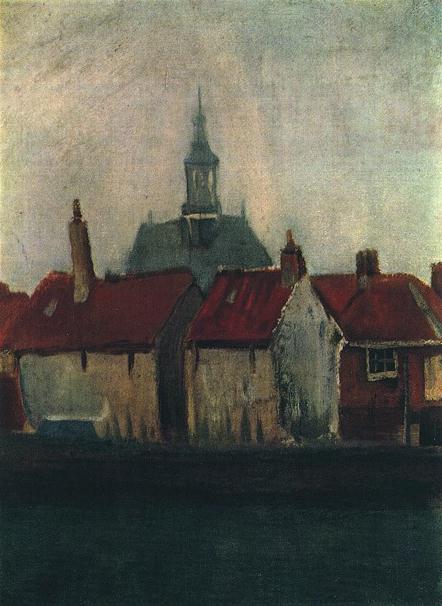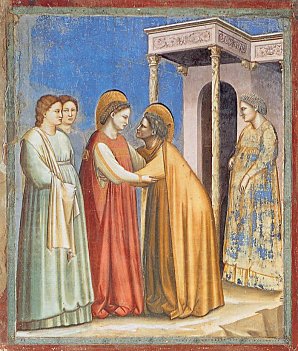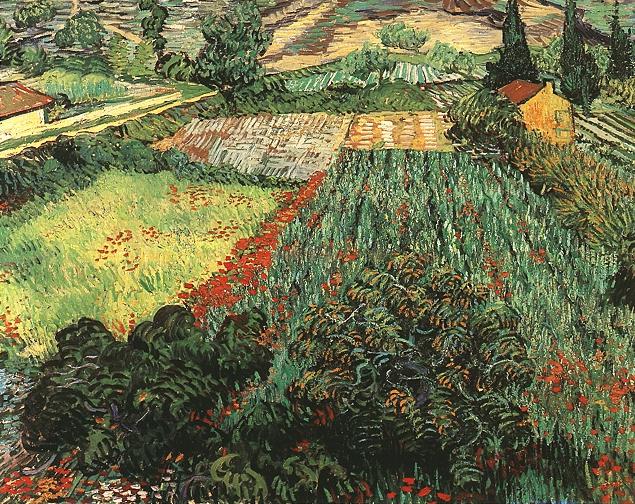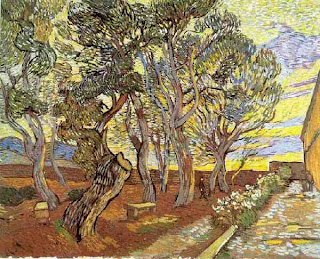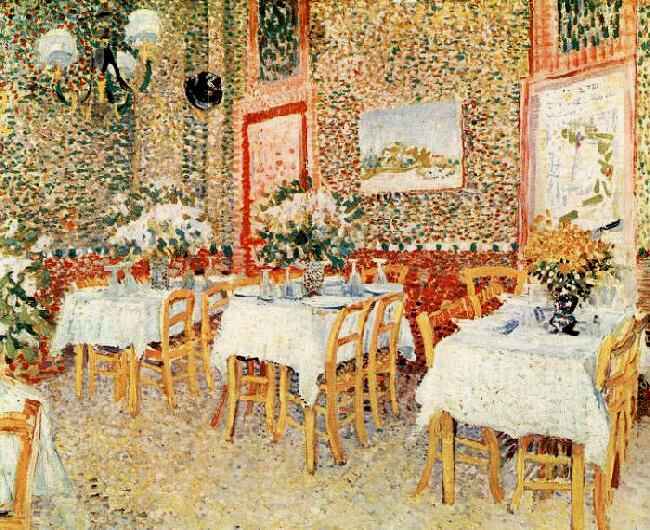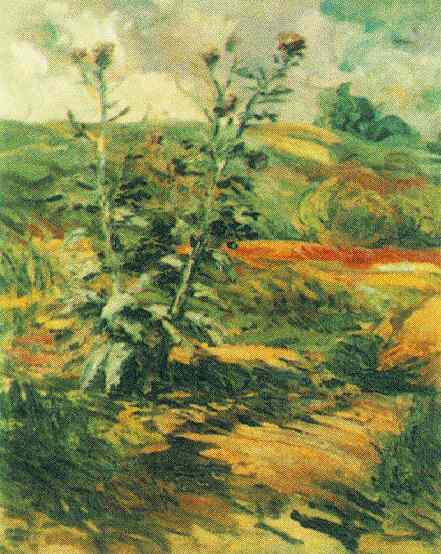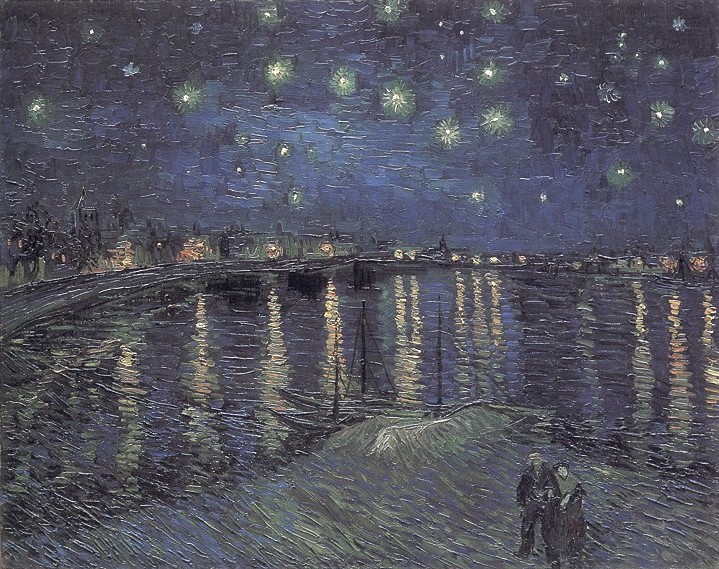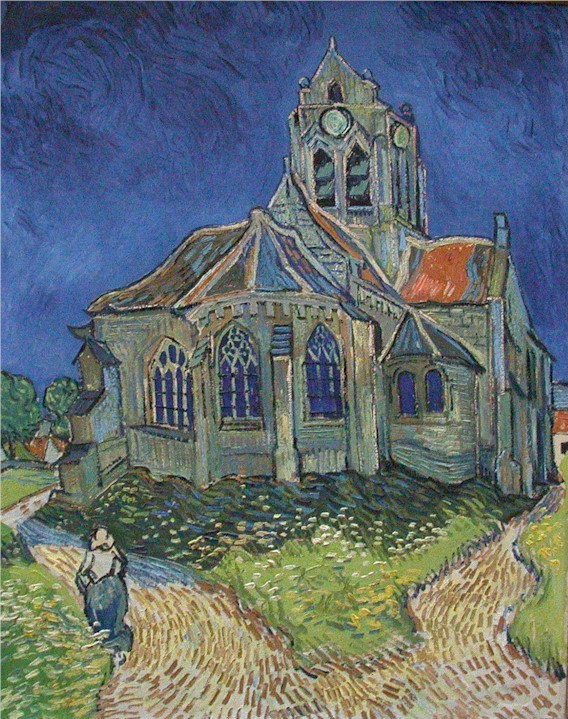 24th sunday after pentecost
24th sunday after pentecost
today's lectionary readingsDaniel 12:1-3Psalm 16Hebrews 10:11-14 [15-18] 19-25Mark 13:1-8today's bach cantatas
bwv 163,
"only to each his due!"bwv 139,
"happy is the man, who to his god"bwv 52,
"false world, i do not trust you!"today's van goghthe church at auvers, 1890
today's good newsit has been announced that best selling author tim lahaye, who gave us the fictional
"left behind" series of books, has agreed to write another series called,
"edge of the apocalypse". the press release called the new effort,
"an apocalyptic epic infused with political intrigue ripped from today's headlines." on lahaye's
"left behind" website, you can join the "prophecy club" which gives you access to more articles, and the link to join it asks this:
"can you connect headlines with end times?"people have always been fascinated by the future. we love to speculate about the days to come and imagine what they will be like. popular movies have often been made about various doomsday scenarios, including one that just opened, called, "
2012." it is purportedly based on predictions from the mayan calendar about a coming apocalypse that will occur during that year.
in addition to popular culture, the christian subculture is filled with prophecy teachers who claim to have special insight into things to come. some folks get caught up in the enthusiasm about these kinds of predictions and fall prey to those who make a career out of drawing connections between today's headlines and tomorrow's end times.
i know one thing, some people out there are making a lot of money on all of this!let's take a little run through some history together, shall we?
historically, christian groups who have focused on an apocalyptic "end of the world" outlook have been known as "millennialist" movements, since they look for christ to return at a time of great turmoil to set up a kingdom here on earth before the actual end of history. many of these movements have been marked by charismatic leaders who attracted enthusiastic followers, taught them that their dreams and visions along with prophetic passages in the bible were about their own times, and that they would soon be fulfilled literally. And they did so in ways that were often separatist, extremist, and alarmist.
during the tumultuous days of the reformation, many radical groups began espousing apocalyptic doomsday scenarios. the lutheran
augsburg confession of 1530 took a clear stand against such teachings, saying,
"Our churches also condemn those who are spreading certain jewish opinions, that before the resurrection of the dead the godly shall take possession of the kingdom of the world, the ungodly being everywhere suppressed" (article xvii).in american history the most famous prognosticator of end-time events was
william miller, a baptist farmer in new york and amateur bible student who became convinced by his calculations that he knew the approximate date of jesus' return. miller said it would happen in or around 1843-44. as word spread about miller's views, a publisher in boston got hold of this, and soon "millerism" became a national phenomena. at one time there were 48 periodicals devoted to advancing this teaching and over 5 million tracts published with his second advent predictions. believers in great britain, australia, and other places around the world also became adherents of miller's prophetic speculations.
eventually, william miller and his followers pinpointed the date for christ's return as october 12, 1844. it is said that 100,000 followers of miller's teaching gathered on hillsides and in fields that day looking to the skies, watching for jesus to descend from heaven. do you know what that day is known as now?—
"the great disappointment."however, failures of fulfillment like this did not stem the tide of end times movements. in fact, shortly after "the great disappointment," a young woman named
ellen g. white, who had been a millerite, began to have visions of her own, and adherents of the adventist movement were soon following her teachings, claiming that she was a true prophetess.
the 20th century saw an explosion of this kind of teaching, popularized through the
scofield reference bible and the rise of a fundamentalist form of bible interpretation known as "
dispensationalism". the subject of prophecy gained momentum after israel became a state in 1948, because many of the doctrines end-times teachers promote have to do with the restoration of israel and the establishment of a messianic kingdom here on earth. an evangelist named
hal lindsey popularized this teaching in his book,
the late great planet earth, and writers like lahaye are the carriers of this approach to readers today.
what are we to make of all this? the simple teaching of jesus in today's gospel lesson should be enough to dispel most of the nonsense that has been taught about the end of the world, but it seems we haven't heard it. when jesus' disciples asked him about the end of the age and the consummation of history, his answer was clear. he told them that the events people normally look for as "signs" of the end—wars, famines, earthquakes, false messiahs, and so on—are absolutely NOT signals that the end is near. these kinds of troubles are normal characteristics of
every age in this fallen world. as bearers of the cross, we are not looking for an escape from these realities of life, but for endurance to persevere in faith no matter what happens, through christ who strengthens us.
the christian's calling is not to sync today's headlines with the bible's teachings on the end times. nowhere does god tell us to do that. leave forecasting to the meteorologists. the good news is that you can save your money and forget about buying half the books in the christian bookstore. you can avoid the great disappointment, unlike so many over the centuries.
sorry, tim lahaye, we won't be needing your latest fictional contribution to the cacophany of alarmists out there.
the good news is that you can go on living your life and trusting in the presence and providence of god for every day, whether or not it is the last or just another along the way. the good news is that jesus is ruling right now, and bringing to pass his final chapter to the story. and it ends well, because it all culminates in him.



